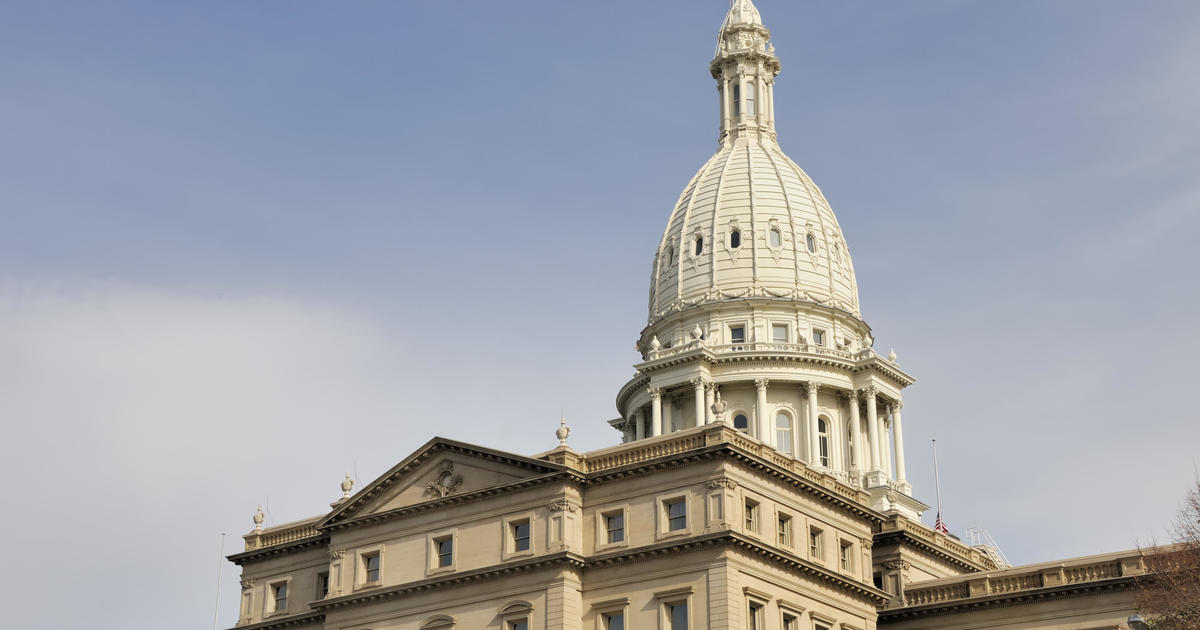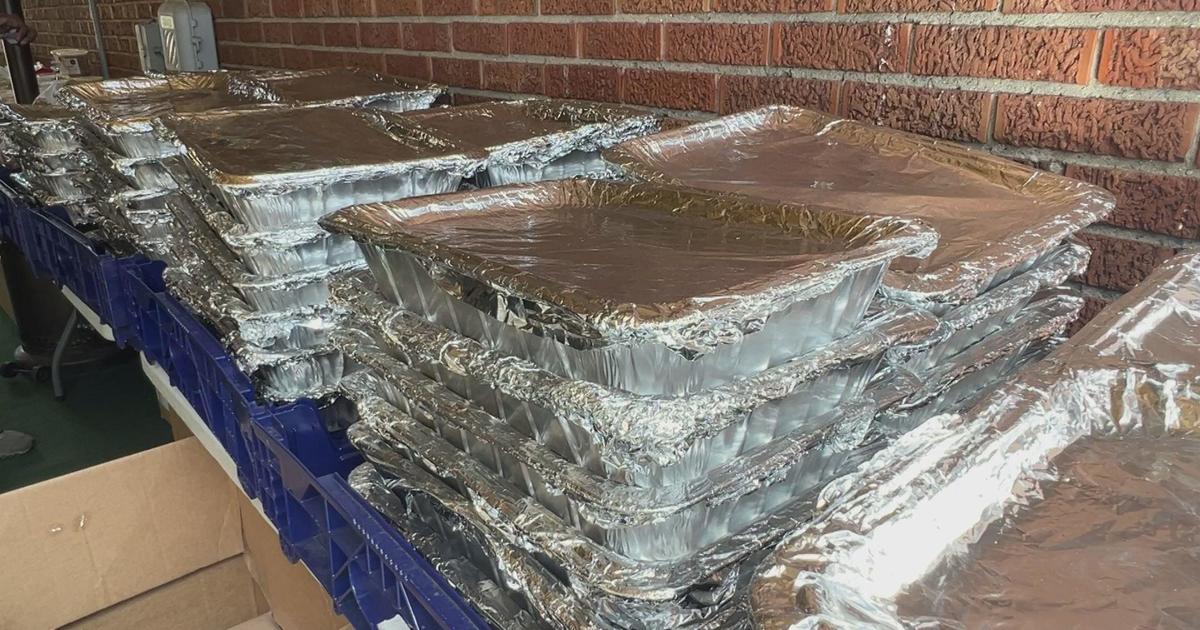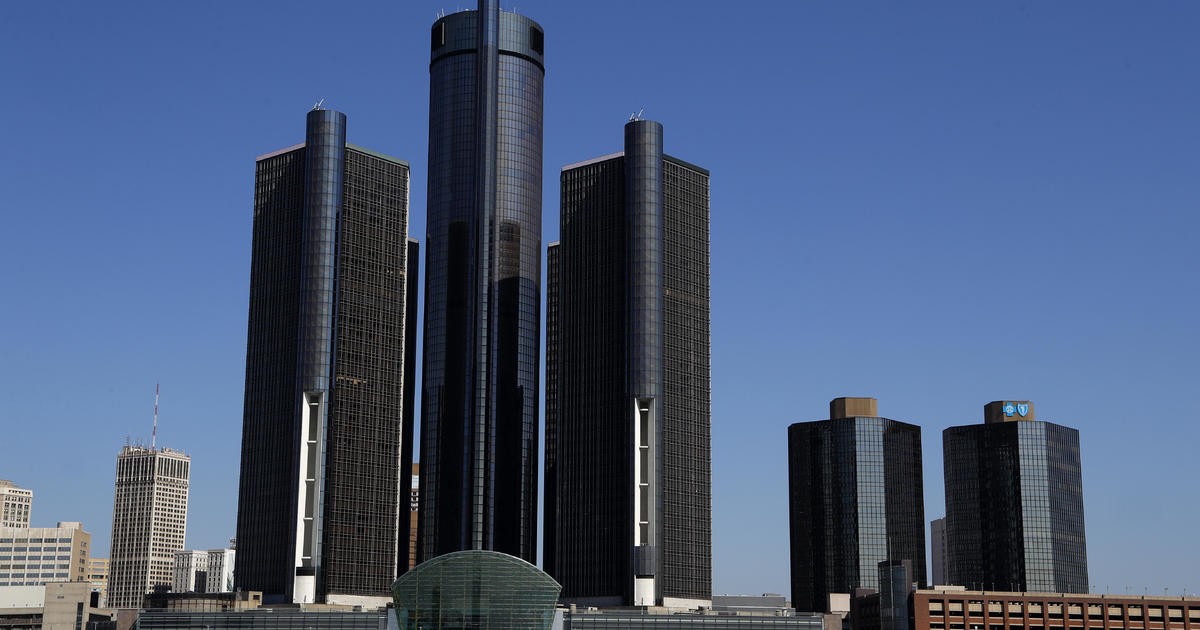Chrysler CEO: Reaching 54.5 MPG is "No Walk in The Park"
WASHINGTON -- (WWJ) As the Obama administration today releases final rules for reaching a 54.5 mile per gallon fuel economy by 2025, auto companies say they've already begun working to meet the challenge.
"Everything is on the table," says Chrysler CEO Sergio Marchionne.
The new standards will radically change both the industry and consumer choices in vehicles, says Marchionne. He told WWJ AutoBeat Reporter Jeff Gilbert that they are currently evaluating all of their options, and none will be easy.
Chrysler CEO Sergio Marchionne
INTERVIEW: Chrysler CEO Sergio Marchionne, talking about fuel economy rules at an event promoting the Dodge Dart compact car.
"There's nobody on our team today that would suggest that it's going to be a walk in the park," he said.
The president has said that the changes will save the average consumer $8000 on fuel over the life of the average vehicle. That, Mr. Obama says, will more than offset the added cost of any new technology.
The new standards are being praised by enviornmentalists.
"Investing in cleaner, more efficient vehicles is vital for our outdoor heritage here in the Great Lakes," said Andy Buchsbaum, Director of the National Wildlife Federation's Great Lakes Regional Center. "And it's directly tied to the resurgence of the U.S. auto industry, which is crucial for the state of Michigan."
UAW President Bob King is among those who feel the new rules will be a win-win.
"Lowering the total cost of driving will make automobiles more affordable and expand the market for new vehicles," he said. "The standards will also provide certainty for manufacturers in planning their investments and creating jobs in the auto industry as they add more fuel-saving technology to their vehicles.
Republican presidential candidate Mitt Romney called the standards "extreme." He said the cost of the technology to meet the standards would outweigh fuel savings. That's a view echoed by the National Automobile Dealers Association.
The organization has estimated that the new standards would raise the cost of a new vehicle by an average of $3000.
"This increase shuts almost 7 million people out of the new car market entirely and prevents many millions more from being able to afford new vehicles that meet their needs," said NADA Chairman Bill Underriner. "If this rule suppresses new vehicle sales, achieving the nation's greenhouse gas and energy security goals will be needlessly delayed."
Jeremy Anwyl, CEO of the online auto research site Edmunds.com also raised concerns about the new standards.
"The CAFE standards that have been approved starting in 2017 risk pushing technological demands beyond the automakers' ability to deliver. The smarter way to approach it is to let the market guide vehicle fuel efficiency standards. Consumers have shown a willingness to buy fuel-efficient cars, but not at the expense of other features on their checklists like comfort, space and performance. CAFE risks requiring automakers to build vehicles and adopt technologies that consumers may not want to buy."
For Chrysler CEO Sergio Marchionne, the debate over the standards is over, and there's no time to waste.
"The work needs to be done now."
The new Dodge Dart, which is the first joint effort between Chrysler and Fiat, is an example of the type of joint projects that will need to happen in the future, Marchionne says. Some trims of the vehicle can get highway fuel economy numbers reaching 40 miles per gallon.
"We gotta find a much smarter way of providing the motoring ability to these vehicles," said the Chrysler CEO. "It can not be what we've done historically."
Analysts expect more smaller vehicles, which are lighter, more turbo charging, more diesels and at least light electrification in virtually all vehicles. Growth in pure electric vehicles is expected to remain slow, due to cost and recharging issues.
And some point out that 54.5 miles per gallon is an average, and even that number isn't quite what it seems.
"The 54.5 mpg standard is far higher than the number that the vast majority of new-car buyers will see on window stickers in the 2025 model year," said John O'Dell, green car analyst at Edmunds.com. "That's because CAFE is a government measuring stick that has not changed over the past 33 years, and does not reflect the EPA window sticker number that consumers have come to expect from their vehicles. So, the 'real' average fuel economy figure for the 2025 model year will be an EPA window sticker number that's closer to 36 mpg."



